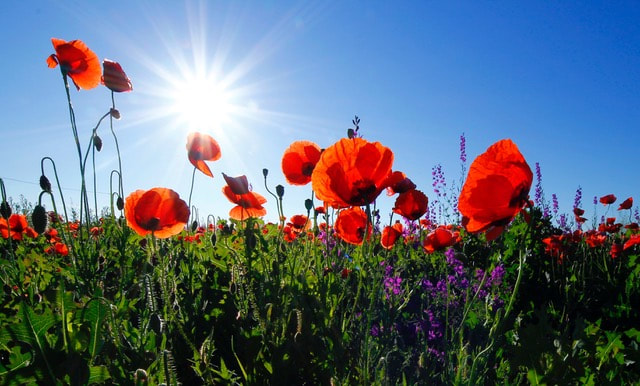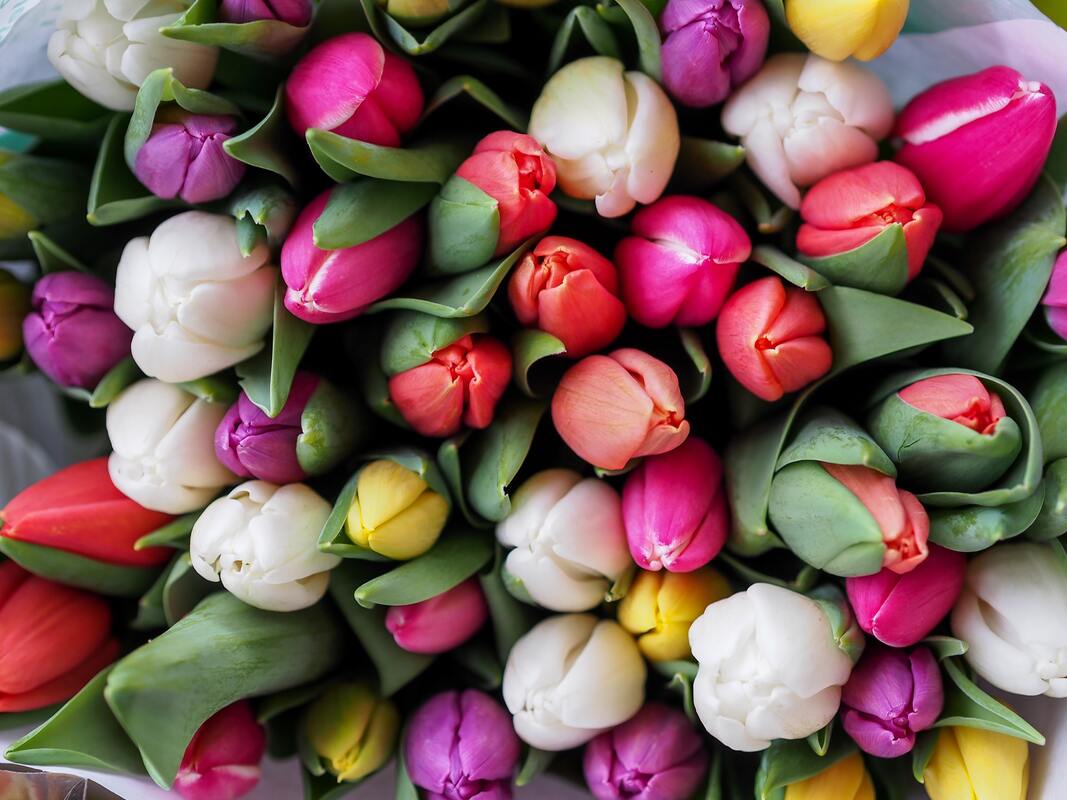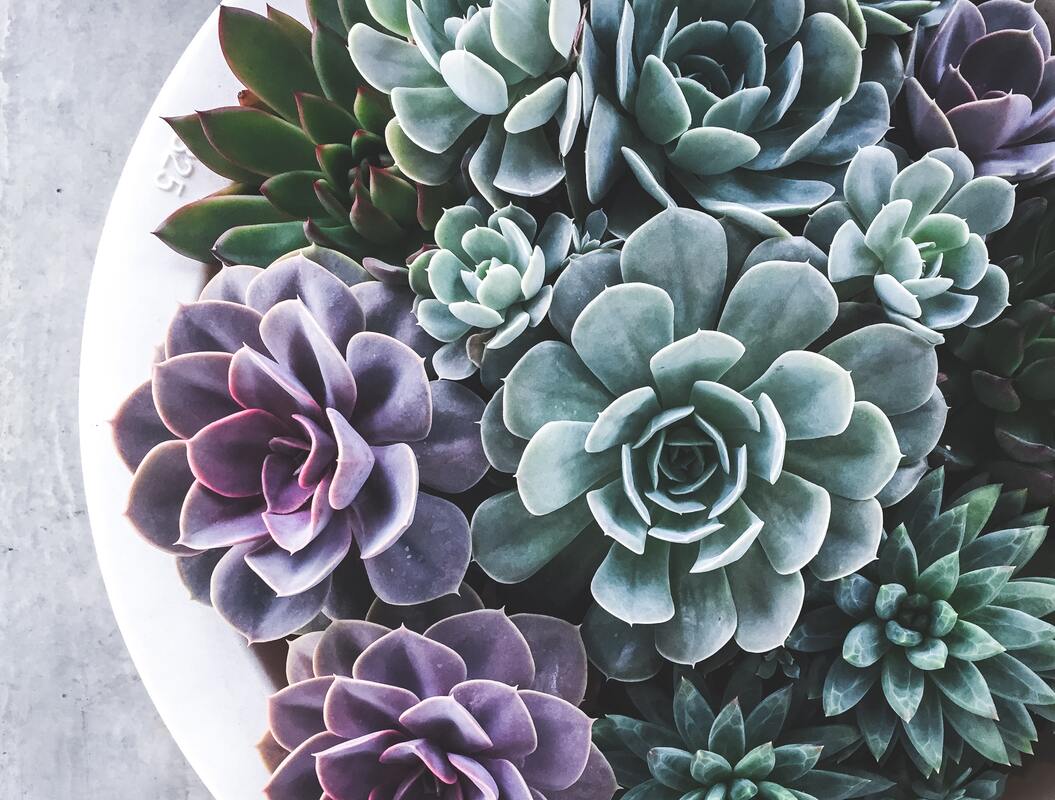 Photo by Karollyne Hubert on Unsplash
Photo by Karollyne Hubert on Unsplash Our blood is a vast ecosystem containing proteins, nutrients, minerals, hormones, fats, oxygen carrying cells, and immune cells. Red blood cells in particular consist of a protein called hemoglobin, which delivers oxygen to our tissues from the air we breathe.
What is anemia?
Anemia occurs when the quantity and shape of our red blood cells change. This is often due to either an iron, B12 or folate deficiency with 50% of anemias being due to low iron levels.
- Fatigue
- Shortness of breath
- Dizziness
- Headaches
- Pale skin
- Elevated heart rate
- Nail changes
- Low mood
- Brain fog
Where does it come from?
Risk factors for iron deficiency anemia include situations where the demand for iron is higher than the supply to the body. Common examples of this include chronic blood loss, inadequate intake of iron from the diet, poor absorption of iron through the GI tract, or all the above (1):
- Menstruation
- Pregnancy
- Gastrointestinal ulceration or bleeds
- Celiac disease
- Chronic Inflammation (i.e., Cancer, autoimmune conditions, IBD, HIV, etc.)
- Malnutrition in seniors
Testing:
If someone comes to me expressing low energy and any combination of the symptoms mentioned above, iron is high on my list of labs to order.
When assessing iron status, I like to run a complete blood count (CBC), iron panel & ferritin to get a robust picture of how the body is utilizing iron. Looking at an iron panel will show the direct level of iron in the blood stream as well as how efficiently hemoglobin is using it. If you have lived with chronically, over time a CBC will show changes in the size and shape of the red blood cells.
The human body has an incredible ability to heal and store nutrients needed for survival in times of hardship. Ferritin is the form of iron that we keep on reserves. If a CBC and iron panel look normal but the ferritin level is low, this is a warning sign that we are dipping into savings to keep our blood iron levels normal. In that case, our goal is to boost dietary iron intake and support absorption to prevent the progression to anemia.
Repleting our iron stores takes time. I often retest these values after 3-4 months of targeted dietary or supplemental efforts to ensure your body absorbs the iron properly.
Food Sources & Absorption:
Iron comes in two main forms: heme and non-heme. As “heme” is Greek for “blood,” this form of iron is found in foods that contain blood such as animal-based proteins. Non-heme refers to the iron contained in plants, which is not as easy to absorb as its counterpart. (2)
One way that we can improve the absorption of non-heme iron is by accompanying the plant with a source of Vitamin C. (2) Personally, I love to sauté chopped collards or kale and drizzle some lemon juice to garnish for dinners, or add a squeeze of lime juice to the black beans on my tacos. There are so many tasty ways to use food as medicine!
Foods rich in iron include, but are not limited to (3):
- Liver
- Fish, Lean poultry, beef, other meats
- Eggs
- Dark green, leafy vegetables
- Legumes
- Millet & Oatmeal
- Pumpkin seeds
Ready to take back your energy levels? Let’s chat!
Click HERE to schedule your complimentary discovery call with Dr. Aidanne today.
References:
- Warner MJ, Kamran MT. Iron Deficiency Anemia. [Updated 2022 Aug 8]. In: StatPearls [Internet]. Treasure Island (FL): StatPearls Publishing; 2022 Jan-. Available from: https://www.ncbi.nlm.nih.gov/books/NBK448065/
- Ems T, St Lucia K, Huecker MR. Biochemistry, Iron Absorption. [Updated 2022 Apr 21]. In: StatPearls [Internet]. Treasure Island (FL): StatPearls Publishing; 2022 Jan-. Available from: https://www.ncbi.nlm.nih.gov/books/NBK448204/
- https://ods.od.nih.gov/factsheets/Iron-HealthProfessional/





















 RSS Feed
RSS Feed